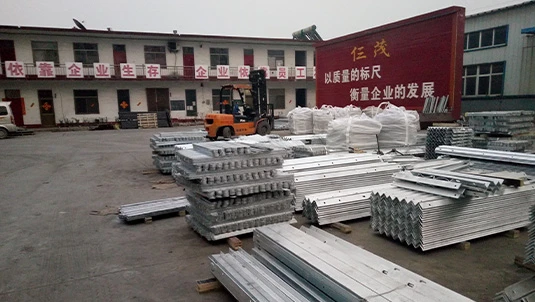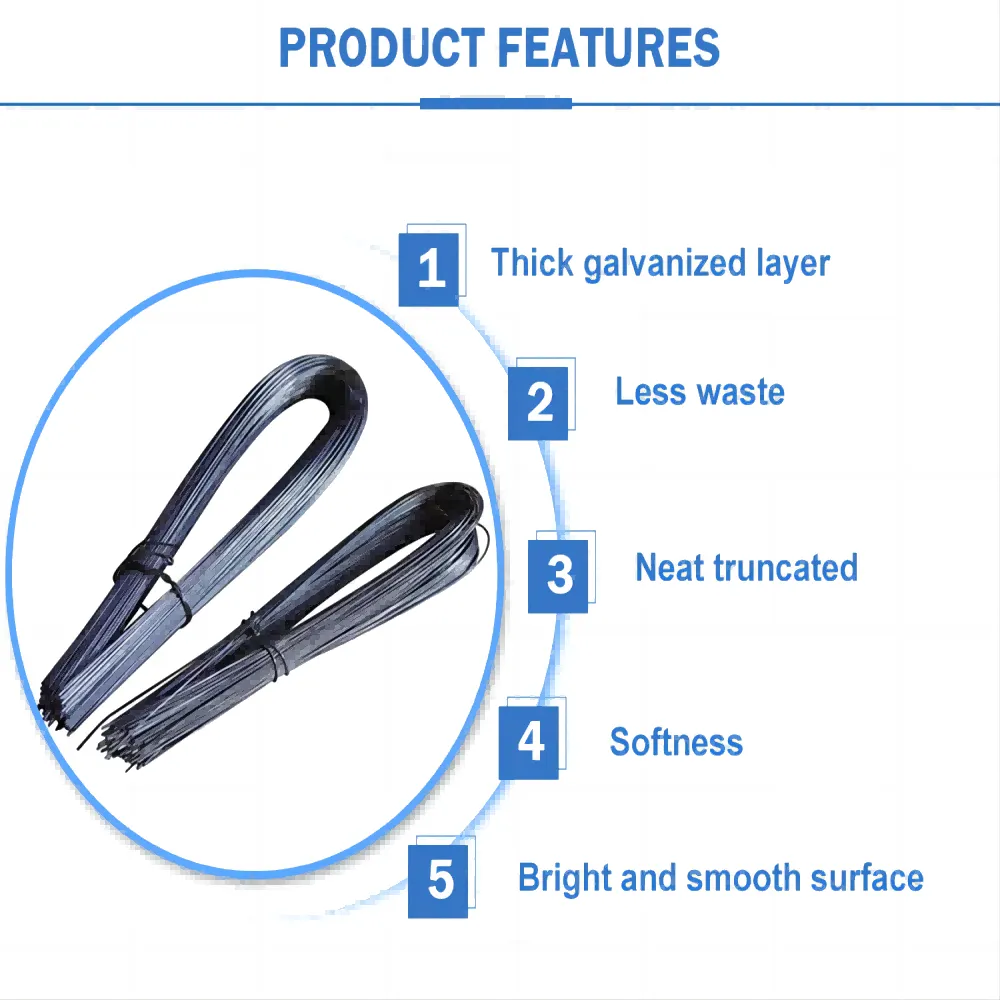2 月 . 02, 2025 04:09
Back To List
Tension Clamp,Strain Clamp,Dead-End Clamp
Accessories contracts in electrical applications have emerged as a critical component in the landscape of modern technology and infrastructure. Navigating through the evolving demands of our digital age, these contracts ensure the smooth operation and integration of various electrical components within both residential and commercial settings. Leveraging their utility not only optimizes performance but also extends the longevity of electrical systems.
Trustworthiness in accessories contracts is often established through transparent communication and documentation. This involves furnishing clients with detailed reports on each accessory's performance metrics and potential environmental impacts. Reliable manufacturers often undergo third-party audits to affirm their commitment to sustainability and dedication to reducing the carbon footprint of their products. Moreover, including robust warranty and support services in contracts fortifies trust between suppliers and clients by promising continued support and maintenance over the contract's lifespan. In practice, integrating accessories effectively requires a strategic approach that not only addresses immediate technical needs but also anticipates future advancements. For tech-forward companies, this might mean incorporating IoT-enabled components that facilitate real-time monitoring and remote management of electrical systems. Such forward-thinking strategies ensure that the accessories are not only relevant today but are also aligned with the technological trajectory of the industry. In conclusion, accessories contracts in the electrical domain are a pivotal element that can considerably enhance system performance and reliability. Experts in the field emphasize the importance of customization, technical proficiency, authoritative sourcing, and transparency in crafting these agreements. These contracts are investments into a system's future resilience and efficiency, underscoring the need for meticulous attention to detail and an unwavering commitment to quality standards. Whether in an industrial plant or a smart home, the right accessories contract can be the cornerstone of a robust, future-ready electrical infrastructure.


Trustworthiness in accessories contracts is often established through transparent communication and documentation. This involves furnishing clients with detailed reports on each accessory's performance metrics and potential environmental impacts. Reliable manufacturers often undergo third-party audits to affirm their commitment to sustainability and dedication to reducing the carbon footprint of their products. Moreover, including robust warranty and support services in contracts fortifies trust between suppliers and clients by promising continued support and maintenance over the contract's lifespan. In practice, integrating accessories effectively requires a strategic approach that not only addresses immediate technical needs but also anticipates future advancements. For tech-forward companies, this might mean incorporating IoT-enabled components that facilitate real-time monitoring and remote management of electrical systems. Such forward-thinking strategies ensure that the accessories are not only relevant today but are also aligned with the technological trajectory of the industry. In conclusion, accessories contracts in the electrical domain are a pivotal element that can considerably enhance system performance and reliability. Experts in the field emphasize the importance of customization, technical proficiency, authoritative sourcing, and transparency in crafting these agreements. These contracts are investments into a system's future resilience and efficiency, underscoring the need for meticulous attention to detail and an unwavering commitment to quality standards. Whether in an industrial plant or a smart home, the right accessories contract can be the cornerstone of a robust, future-ready electrical infrastructure.
Prev:
LATEST PRODUCTS




